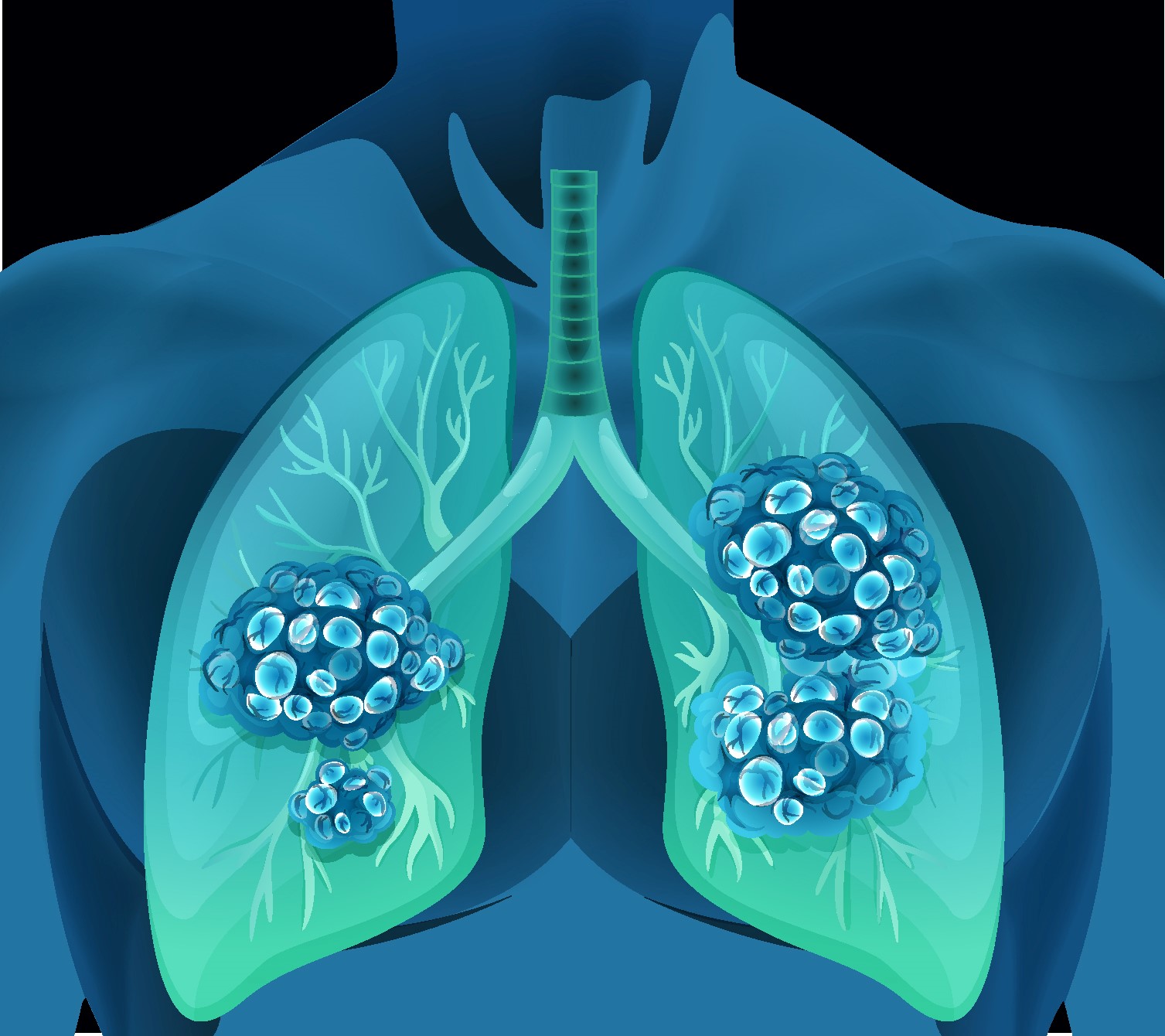Resuscitation refers to the process of correcting physiological disorders in acutely ill patients. Fluid resuscitation is the recommended management of shock; however, it is associated with increased mortality. This study aims to detect the cardiovascular, neurological, or respiratory function changes following resuscitation with saline or albumin fluid bolus.
This re-analysis of the FEAST trial included a total of 3,141 participants divided into two cohorts: bolus (n=2097) and no bolus (n=1044). The primary outcomes of the study were the odds of adverse outcomes. Other outcomes included hemoglobin and plasma biochemistry between bolus and non-bolus patients.
The findings suggested that an increase in respiratory (odds ratio 1.09), neurological (OR 1.26), and cardiovascular scores (1.09) was associated with a higher risk of death and adverse outcomes in all four cohorts. Fluid bolus improved neurological and respiratory scores but reduced cardiovascular scores 1 hour after the infusion. The mean reduction in hemoglobin concentration after 8 hours was 0.33 g/dL in fluid bolus recipients. The higher mortality rate associated with the use of saline and albumin bolus was due to hyperchloremic acidosis and neurological and respiratory dysfunction.
The research concluded that albumin and saline boluses could cause respiratory and neurological dysfunction in the resuscitation of febrile children.
Ref: https://www.thelancet.com/journals/lanres/article/PIIS2213-2600(19)30114-6/fulltext


